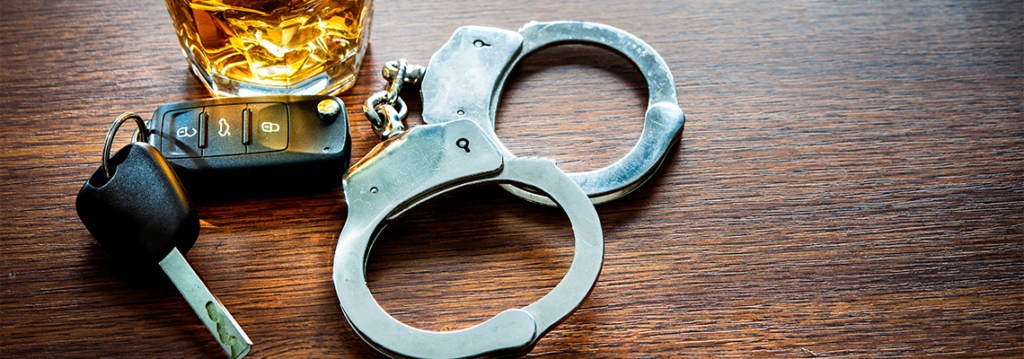Field sobriety tests (FSTs) are a common tool used by law enforcement officers to assess a driver’s possible intoxication. However, these tests are not foolproof and can be influenced by various factors. If you were pulled over in NYC on suspicion of DUI and believe the FST results were inaccurate, a strong defense strategy can help beat the charges.
In this blog post, we’ll discuss:
- How Field Sobriety Tests are Used in DUI Cases
- Common Reasons Why FSTs Can Be Faulty
- Challenging the Results of Your FST in NYC
- Building a Strong Defense Strategy with an Experienced DUI Lawyer
Even if you performed poorly on the FSTs, there’s still hope. By understanding the limitations of these tests and working with a skilled DUI attorney, you can increase your chances of a favorable outcome.
How Field Sobriety Tests are Used in DUI Cases
Police officers in New York typically administer three standardized field sobriety tests (FSTs):
- Horizontal Gaze Nystagmus (HGN): This test involves following a moving object with your eyes while the officer observes your pupils for jerking movements.
- One-Leg Stand: You’ll be asked to stand on one leg for a certain amount of time, counting out loud while maintaining balance.
- Walk-and-Turn: This test requires walking heel-to-toe in a straight line and then making a sharp turn on your heel.
While FSTs can provide a general indication of intoxication, they are not definitive. Officers receive training on administering these tests, but several factors can lead to inaccurate results, potentially jeopardizing your case.
Common Reasons Why FSTs Can Be Faulty
- Medical Conditions: Balance issues, injuries, inner ear problems, and certain medications can all affect your performance on FSTs.
- Nerves: Anxiety and stress from the situation can cause tremors, making it difficult to follow instructions or maintain balance.
- Fatigue: Being tired can significantly impact your coordination and focus, leading to a poor showing on the tests.
- Uneven Surfaces: Uneven terrain or a slanted road can make the walk-and-turn test nearly impossible to perform accurately.
- Improper Administration: If the officer doesn’t administer the test correctly, the results might be unreliable.
Challenging the Results of Your FST in NYC
If you believe the FSTs were not administered correctly or the results were skewed due to any of the factors mentioned above, your NYC DUI lawyer can build a case to challenge their validity. Here’s how:
- Reviewing Police Reports: Your lawyer will meticulously examine the police report to identify any inconsistencies or deviations from proper FST administration procedures.
- Medical Records: If you have a medical condition that could have impacted your performance, your medical records can be used as evidence.
- Witness Testimony: If anyone else was present during the traffic stop, their account of the events can be valuable in raising doubt about the FST results.
Building a Strong Defense Strategy with an Experienced DUI Lawyer
A skilled DUI attorney in NYC will understand the limitations of FSTs and have a deep knowledge of New York DUI laws. Here’s what they can do to help:
- Negotiate with the Prosecutor: In some cases, your lawyer might be able to convince the prosecutor to drop the charges or reduce them to a lesser offense.
- Request a Hearing: If negotiations fail, your lawyer can request a pre-trial hearing to suppress the FST results.
- Prepare for Trial: Should the case go to trial, your lawyer will build a strong defense strategy that highlights the inconsistencies in the FSTs and presents any mitigating factors.
Remember, even a poor performance on FSTs doesn’t guarantee a DUI conviction. By working with a qualified NYC DUI lawyer, you can fight the charges and potentially achieve a positive outcome.
Were you arrested for DUI in NYC and believe the field sobriety tests were inaccurate? Don’t wait! Contact James Medows, a skilled NYC DUI lawyer, today. He can analyze the details of your case, challenge faulty FSTs, and fight for the best possible outcome. Call (917) 856-1247 for a free consultation.
Disclaimer: This blog post is for informational purposes only and does not constitute legal advice. Please consult with an attorney for personalized guidance.


